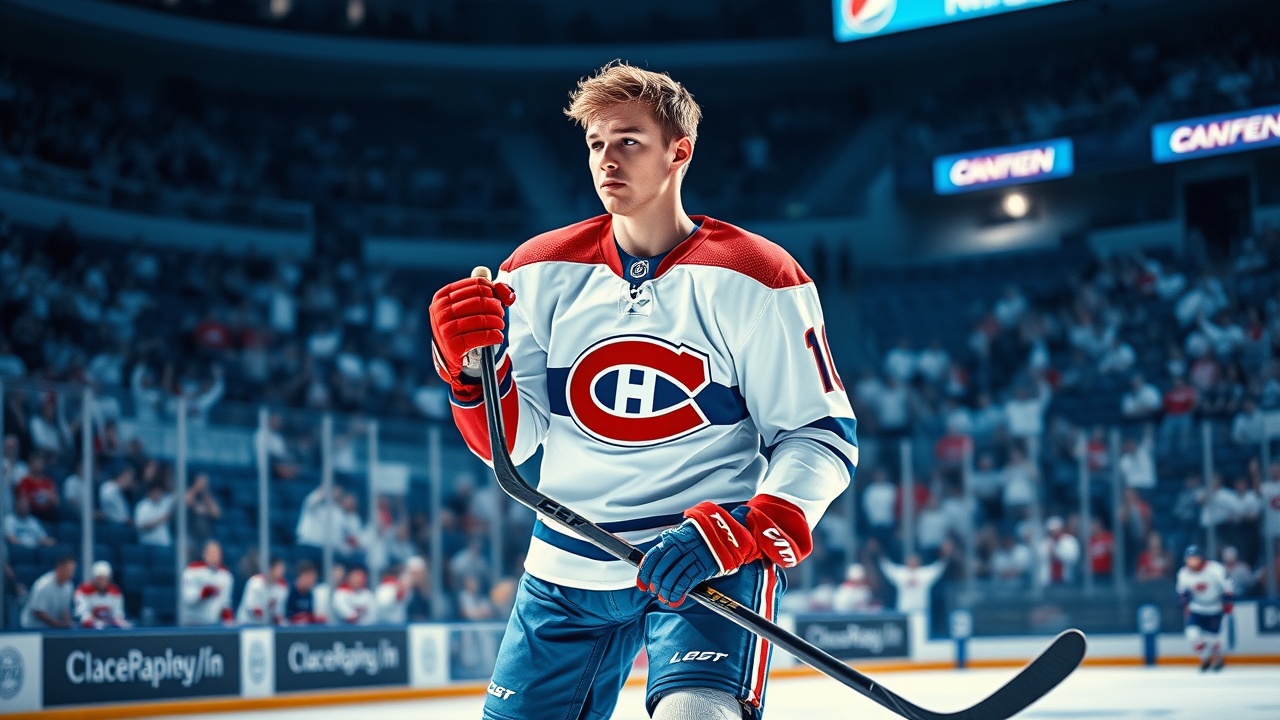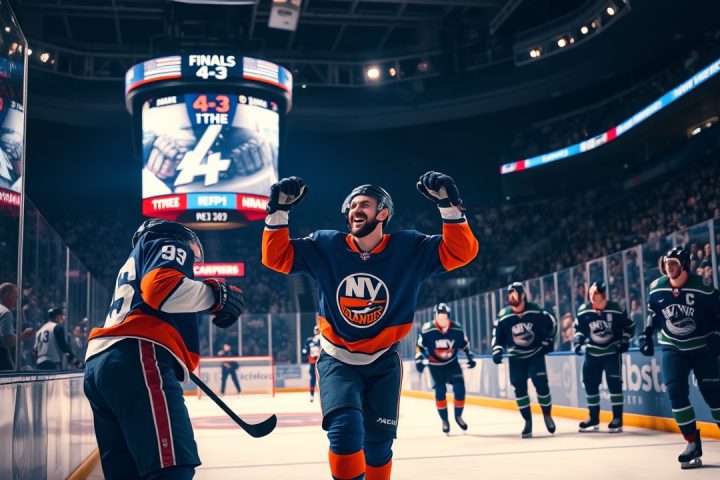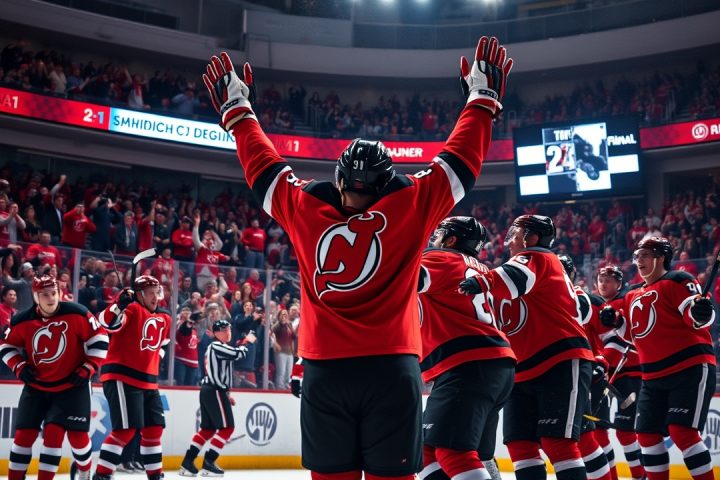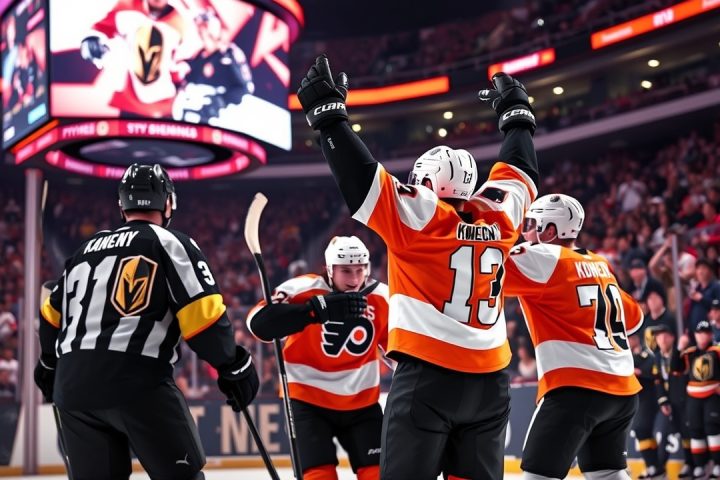The Montreal Canadiens’ Strategic Development
The Montreal Canadiens have navigated the complexities of team development with a steady hand, resisting the temptation to overreact to a barely-there playoff appearance last season. Instead of rushing into trades that could jeopardize a carefully constructed timeline, they opted to enhance their roster strategically, notably through the acquisition of defenseman Noah Dobson.
Dobson’s Potential Impact
Despite some fluctuations in performance, Dobson’s skill set makes him a promising asset for the Canadiens. Coming off a season where he recorded 39 points in 71 games, there were mixed signals from his previous season, where he notched an impressive 70 points and earned recognition as a Norris Trophy finalist at just 23 years old. While the New York Islanders have recently shifted their focus, shipping Dobson to Montreal is seen as a calculated decision—an opportunity for the Canadiens to secure a player capable of long-term impact at the blue line.
Strengths and Skills
One of Dobson’s significant strengths is his ability to transition pucks effectively. Analysis shows he ranked among the league’s top defensemen in puck retrieval, with impressive numbers comparable to stars like Rasmus Dahlin and Luke Hughes. Assistant General Manager Kent Hughes emphasized this capability, noting Montreal’s desperate need for improved defensive zone exits. Only two defensemen on the Canadiens’ current roster have been above average in this critical area, highlighting Dobson’s potential to enhance their overall play.
With mobility a critical trait in the modern game, Dobson not only adds defensive stability but also a dynamic offensive threat. His skating ability allows him to join the rush and create scoring opportunities, contributing to a more balanced attack. His versatile play can benefit forward lines as he supports offensive plays, whether by cycling the puck or pinching down to create openings.
Roster Balance and Challenges
However, integrating Dobson into the Canadiens’ lineup raises questions about roster balance, particularly with another offensive-minded blue-liner, Lane Hutson, projected for a hefty contract extension. The potential redundancy in having two high-caliber offensive defensemen could lead to a distribution dilemma concerning minutes on the ice and their utilization on power plays.
Despite Dobson’s challenges last season, including a drop in power-play effectiveness—where he scored 22 of his career-high points—his new role with the Canadiens would not depend on him being the leading power-play quarterback, as Hutson will likely handle that responsibility. Even if Dobson sees a reduced role on special teams, his contributions during standard play hold significant value, potentially justifying his $9.5 million cap hit.
Areas for Improvement
Nevertheless, the Canadiens will need to address specific weaknesses in Dobson’s game, particularly his decision-making under pressure. Instances have shown him getting caught flat-footed or failing to react adequately during pivotal moments, which raised concerns about his readiness for a prominent role in Montreal. Balancing his aggressive puck-handling style with strategic positioning will be essential as he continues to develop.
Future Outlook
At just 25, Dobson still has time to refine his game and return to a top-pair defenseman level. Montreal’s management appears to believe in the potential within the player, expecting a resurgence as he settles into this new environment. Dobson represents both a risk and an exquisite opportunity for the Canadiens, who are steering their roster towards a brighter future.




